Washington Irving’s classic, “The Legend of Sleepy Hollow,” has been making spines tingle since 1820! Irving tapped into a timeless fear: the prospect of a late night journey shrouded in fog turning suddenly fatal. Our imaginations conjure every conceivable danger, but in one of history’s most famous encounters, one Ichabod Crane comes–dare we say it, face to face? –with the “specter known at all the country firesides,” the Headless Horseman of Sleepy Hollow. A classic, distinctively American tale, that evokes additional terror as Halloween comes and goes each year, this is the original, 1820 version, as originally found in Irving’s collection of short stories entitled “The Sketch Book of Geoffrey Crayon, Gent.
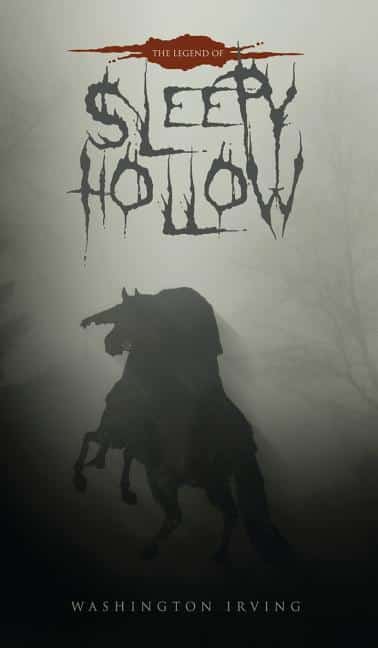
Book Overview: The Legend of Sleepy Hollow: The Original 1820 Edition
Product Information
| ISBN-13 | |
| ISBN-10 | |
| Publisher | |
| Publication Date | |
| Edition | |
| Language | |
| Pages | |
| Dimensions | in x in x in |
| Weight | N/a |
About the Author
Washington Irving
Washington Irving is revered as one of America’s earliest celebrated writers, noted for crafting tales that have captivated both American and international audiences for generations. Born in New York City on April 3, 1783, Irving observed firsthand the growth of America, and his work often reflected the changing times and whims of his nation. With a career spanning approximately four decades, he is best known for short stories like “Rip Van Winkle” and “The Legend of Sleepy Hollow,” masterpieces that combine an appreciation for folklore, satirical humor, and historical fiction.
Irving published his first book, “Knickerbocker’s History of New York,” in 1809, providing a skewed and comical revisioning of his city’s history. Following its success, he ventured across Europe, and during a stay in England composed the collection of stories and essays called “The Sketch Book of Geoffrey Crayon, Gent.” Among others, this collection included his now-iconic tales “Rip Van Winkle” and “The Legend of Sleepy Hollow”. These tales demonstrated Irving’s prowess in molding American versions of Germanic folk stories and marked a significant step in developing a unique American literary tradition.
Throughout his lifetime, Irving had a wide impact beyond his fiction. He served as a U.S. ambassador to Spain, nurtured a close yet competitive relationship with other notable literary figures such as Edgar Allan Poe, and his name graces numerous schools, libraries, and other public places. Washington Irving passed away on November 28, 1859, leaving behind a legacy as America’s first internationally acclaimed author. Today, he remains a robust figure in American literature, his work a testament to his inventive storytelling and his profound insight into America’s cultural fabric.
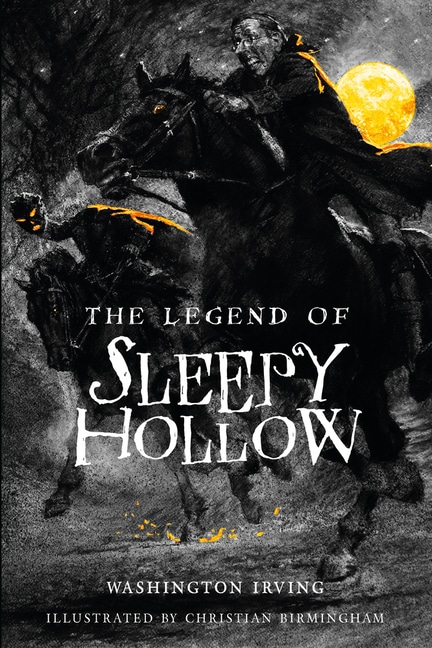

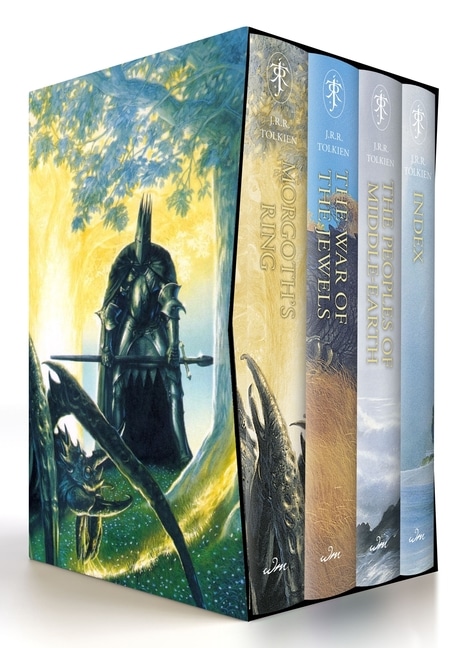
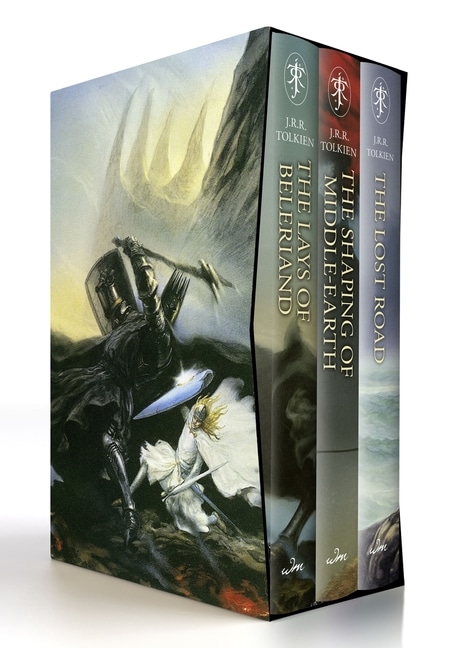

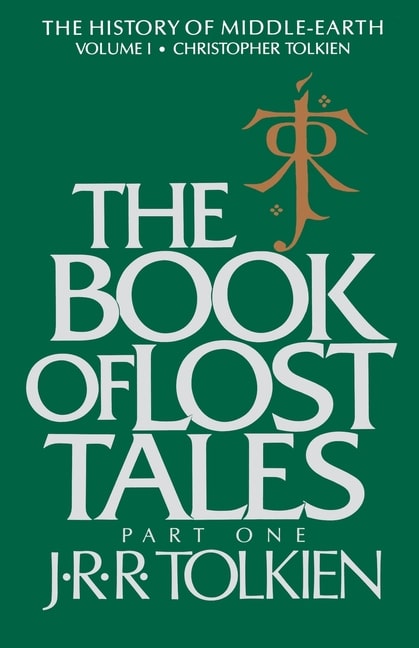
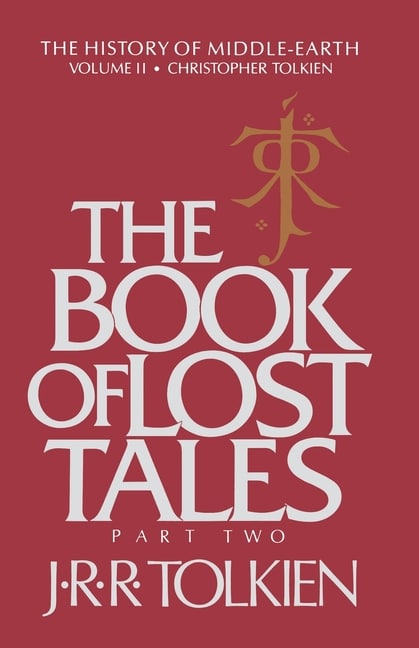
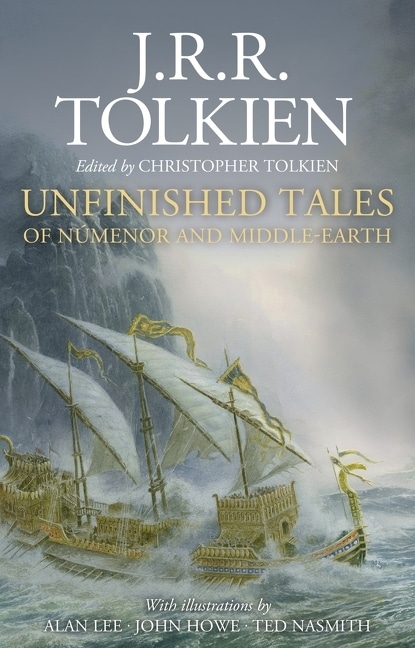
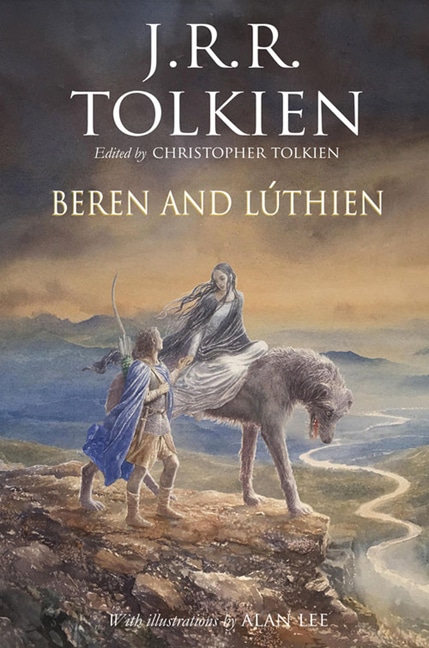
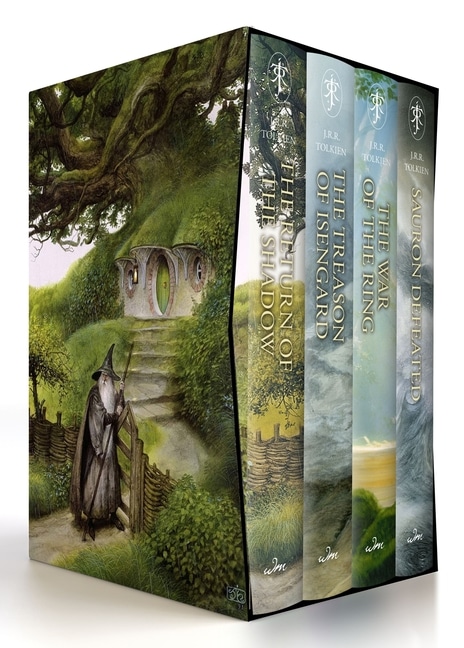
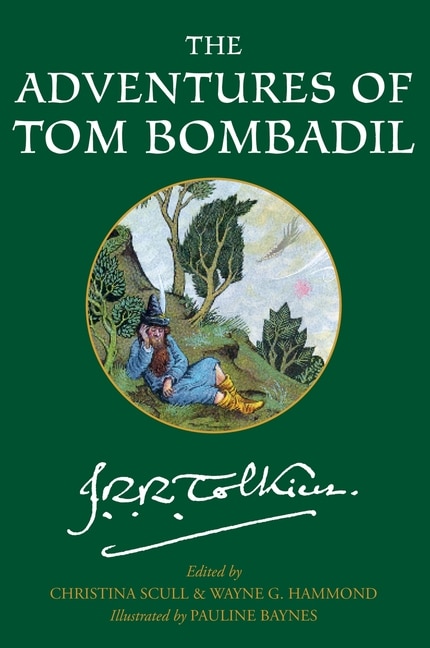
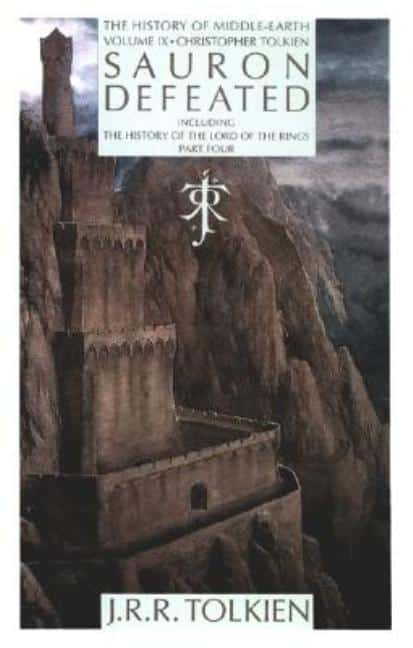
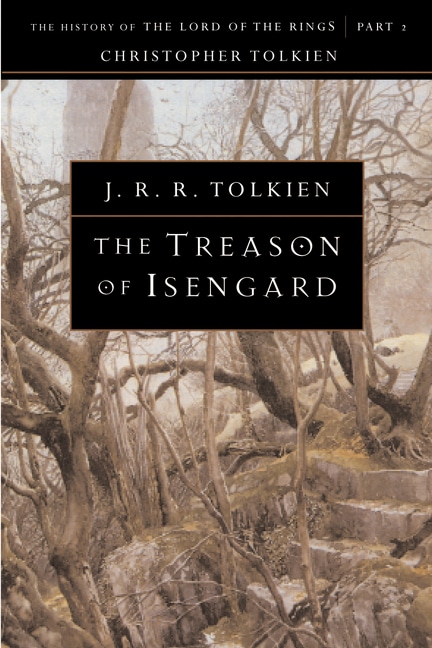
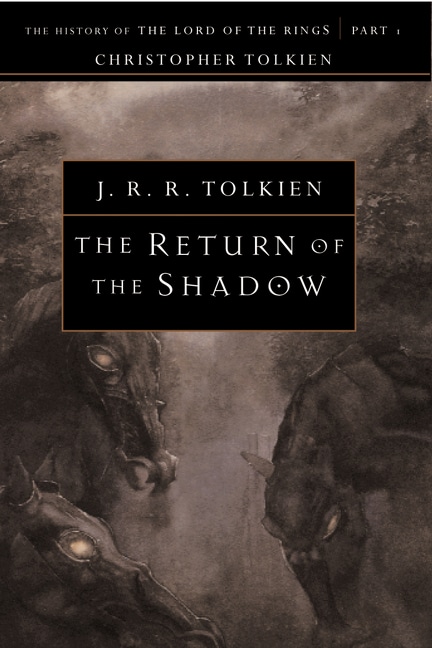
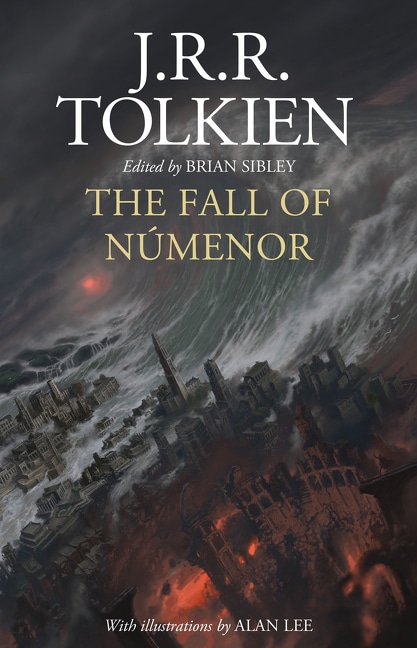
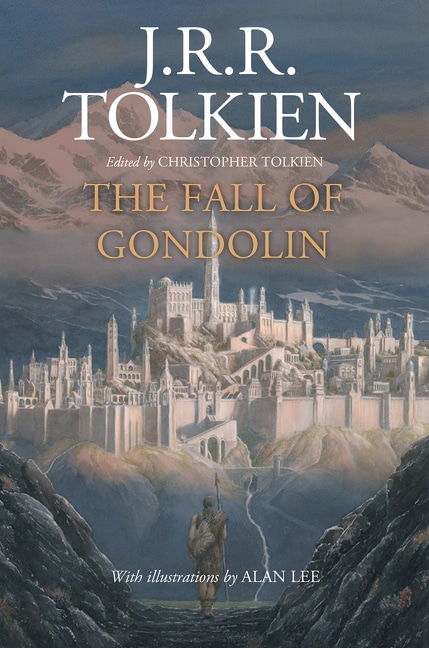
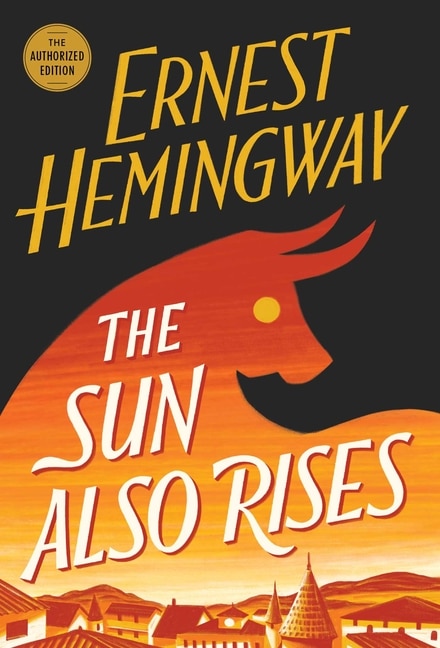
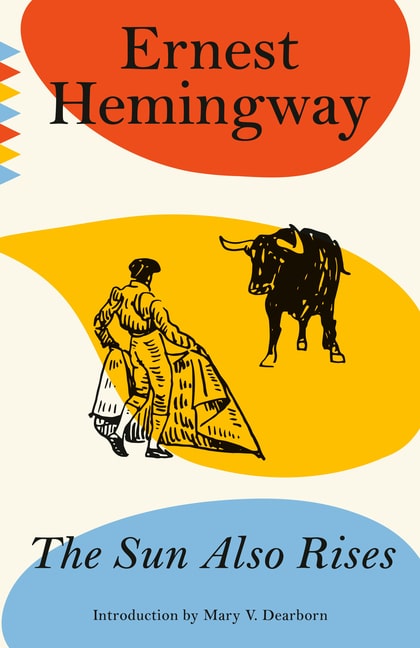

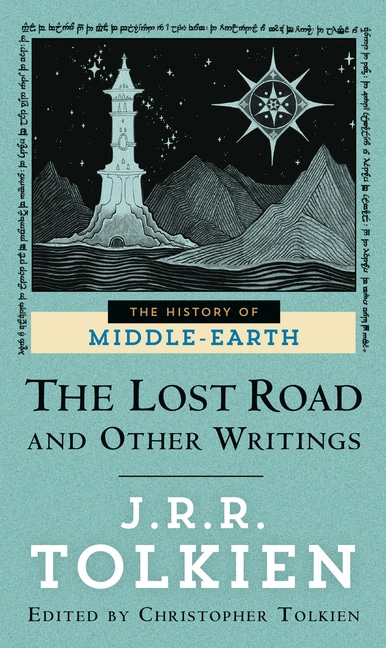
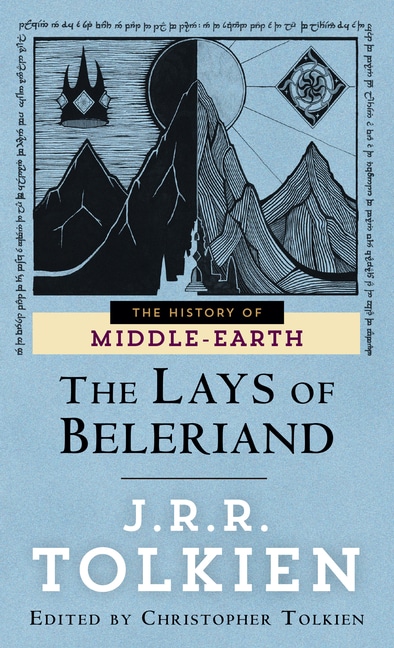
Reviews
There are no reviews yet.